Modern music’s perfect pitch obsession turns singers into androids.

I just finished listening (“subjecting myself” might be more accurate) to Owl City’s new hit single and have come to the realization that it’s time for the music industy’s current obsession with the auto-tune effect to end.
Before we begin, a refresher: Auto-tune is the process of running a song’s vocal track through a computer for the purpose of correcting errors in the performance. In the past few years, a rapidly increasing number of artists have used auto-tune in their songs. The thing is, auto-tune has been the standard in pop music since around 1998 (see paragraph 4).
It’s only recently, with T-Pain’s Rappa Ternt Sanga, that the abuse of auto-tune for artistic effect has become popular. Now everyone from established stars like Kanye West to up-and-coming artists like Owl City are following suit.
Most of its detractors just see it as annoying — a fad, resulting from laziness in the studio. I see it as worse. I see a perception, an expectation that all music released from here on out must have squeaky-clean perfect pitch, that our music should be produced by robots. By removing any hint of error from your music, you strip it of its humanity.
I always thought of pop music as nearly identical packages being churned out on a regular basis by some all-powerful beast of a machine. And with every song that gets released nowadays being processed and packaged into an inoffensive little dollop of sugary electronic goodness, the idea doesn’t seem so far off. It seems anyone can be a pop star as long as they look good; musical talent is no longer required.
People like to think this is a new thing — a breath of fresh air in the stagnant hip-hop scene, if you’re optimistic. Sure, T-Pain is the guy who made it famous a few years back, but it’s been used for more than a decade now. Cher started this whole mess back around 1998 with “Believe,” and the boy bands of the next few years jumped on the bandwagon. Somehow, the process of turning singers into androids became the industry standard; the vast majority of pop music continues to use it (in moderation) today. T-Pain, being T-Pain, just cranked the normal process up.
But, so what? So what if it annoys me? It’s not just that; I don’t hate T-Pain (in fact, he may be the only one doing auto-tune right). I think this perfect-pitch obsession discourages real music and encourages style over substance, if you’ll excuse the cliche. Take, for instance, Bob Dylan, Bruce Springsteen, even Jimmy Buffett. These guys are immensely, insanely popular and none of them can really sing — at least not with the flawless accuracy of a computer. They connect to their audience through lyrics and attitude; on a personal level.
Think back to a time when you heard a song that hit home for you —when you felt that connection, that click when you and the singer are on exactly the same level and electricity runs up your spine, and down your shoulders and stands your hair straight out — was it auto-tune that gave you that?


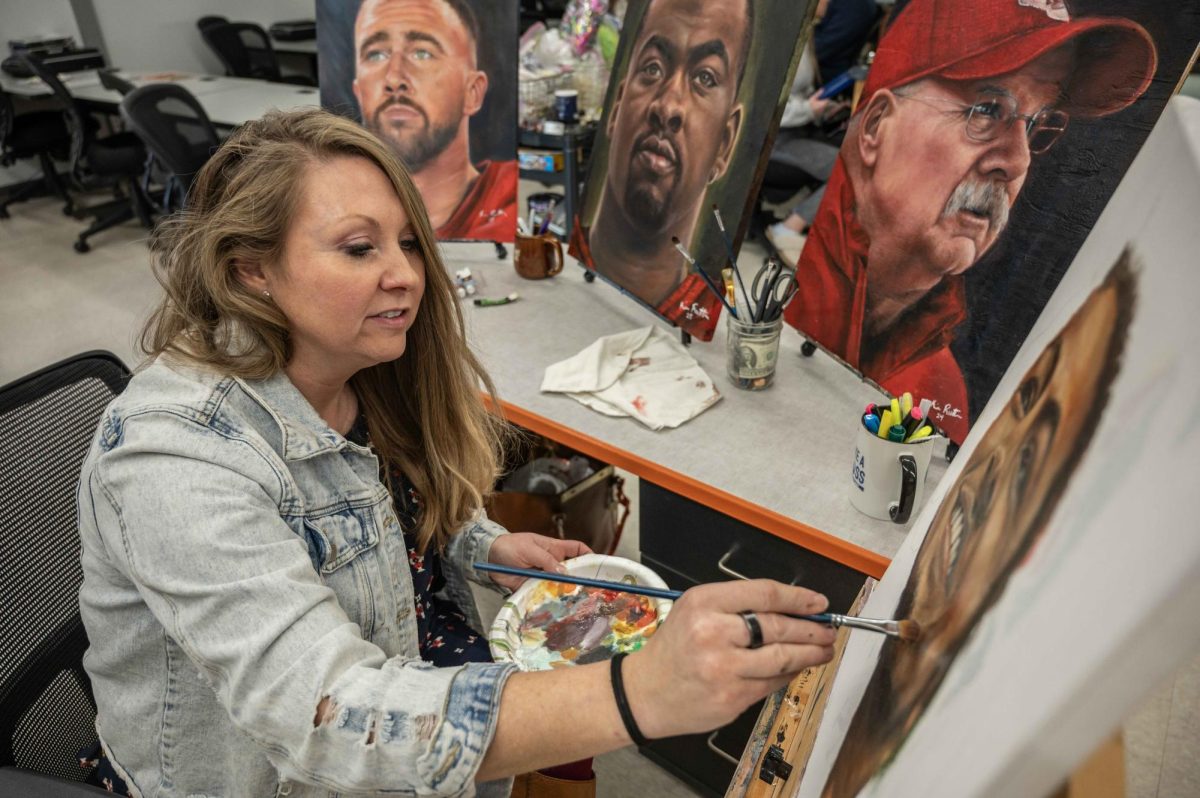
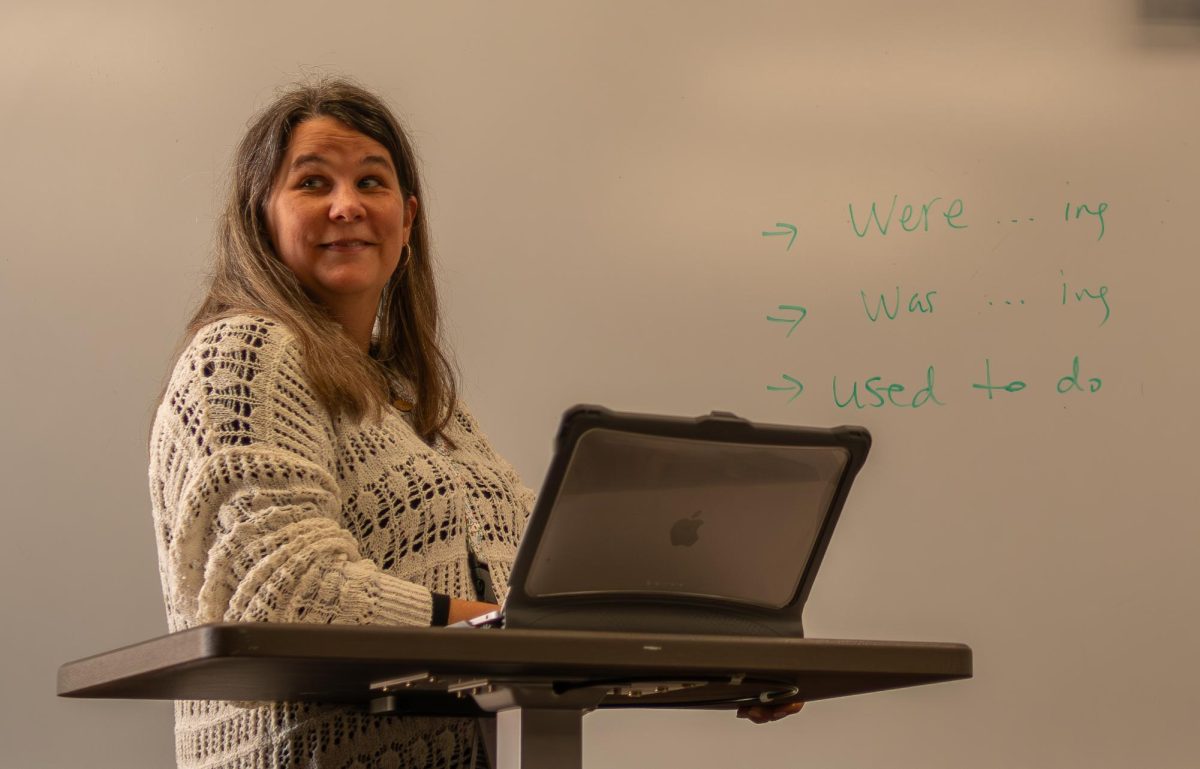
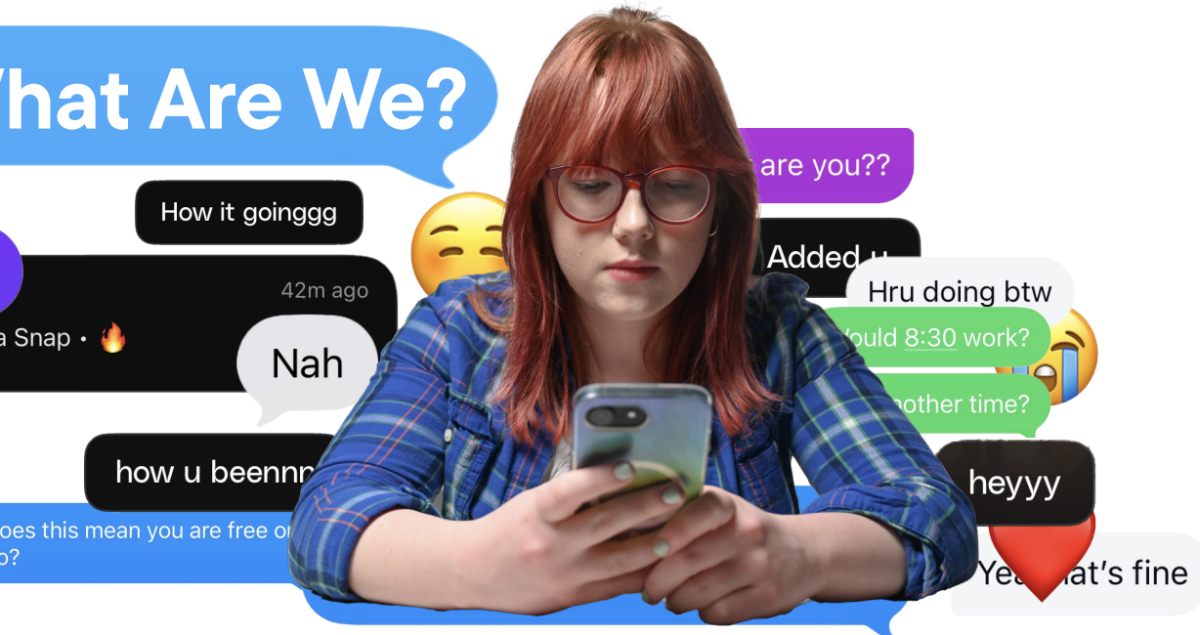

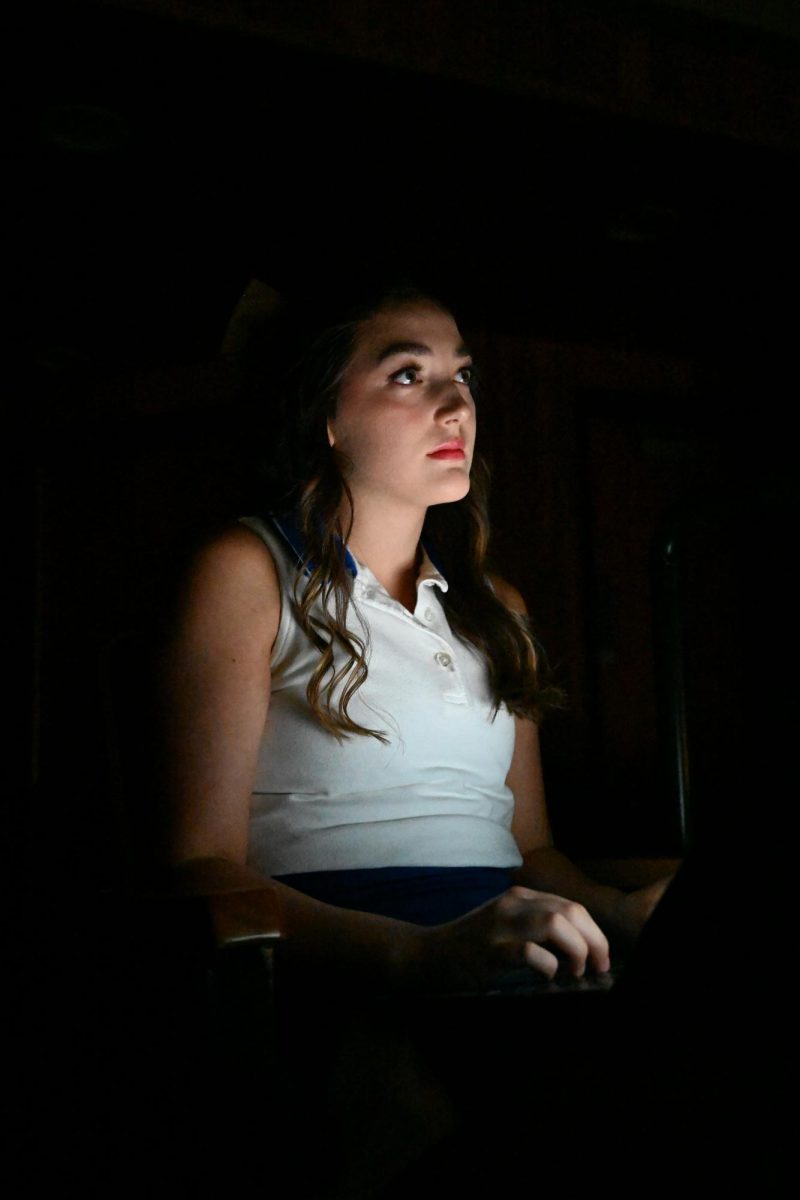


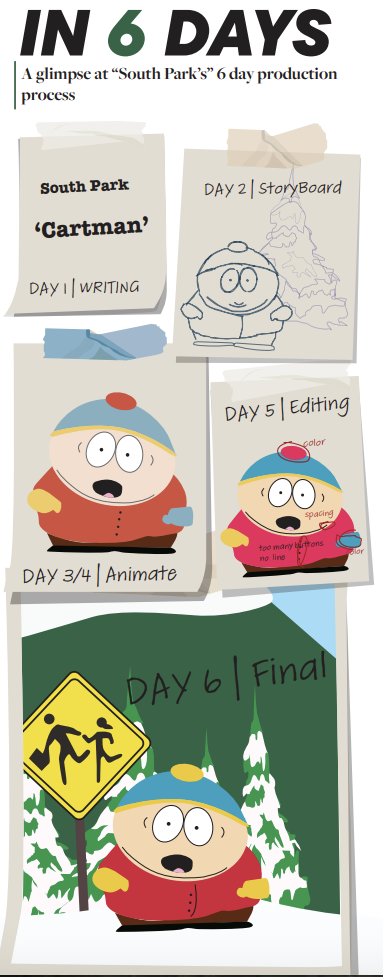
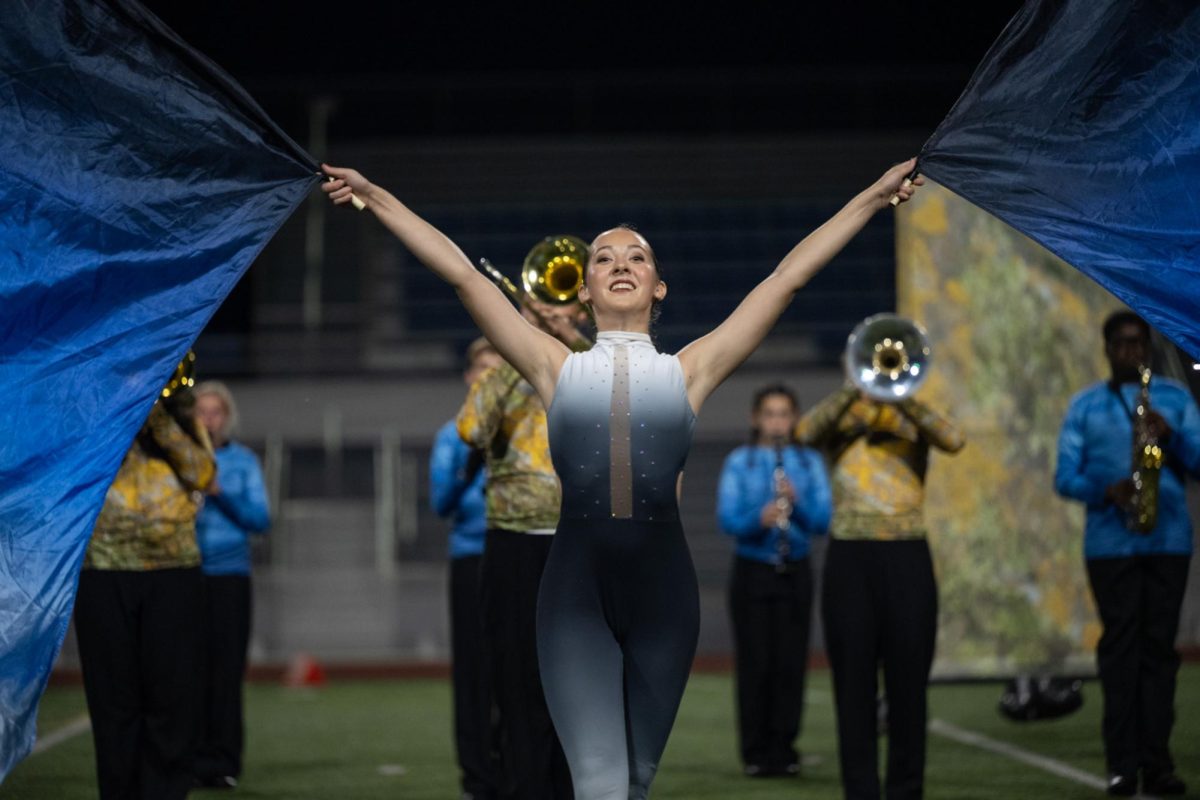
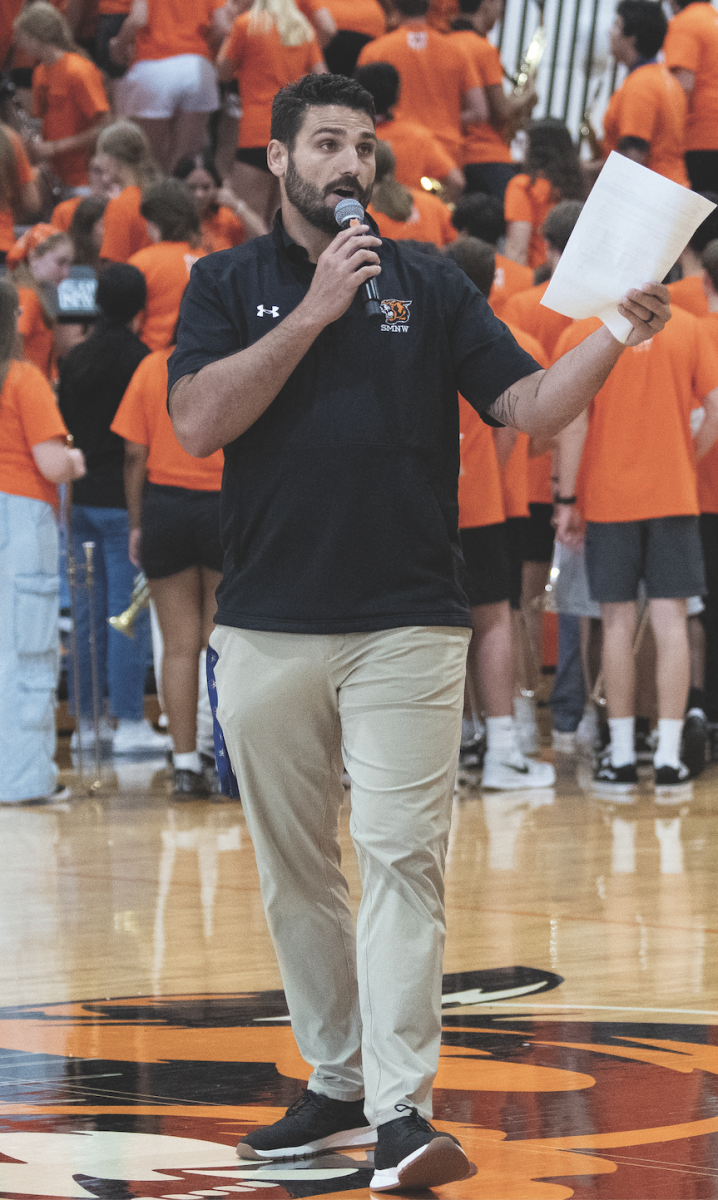
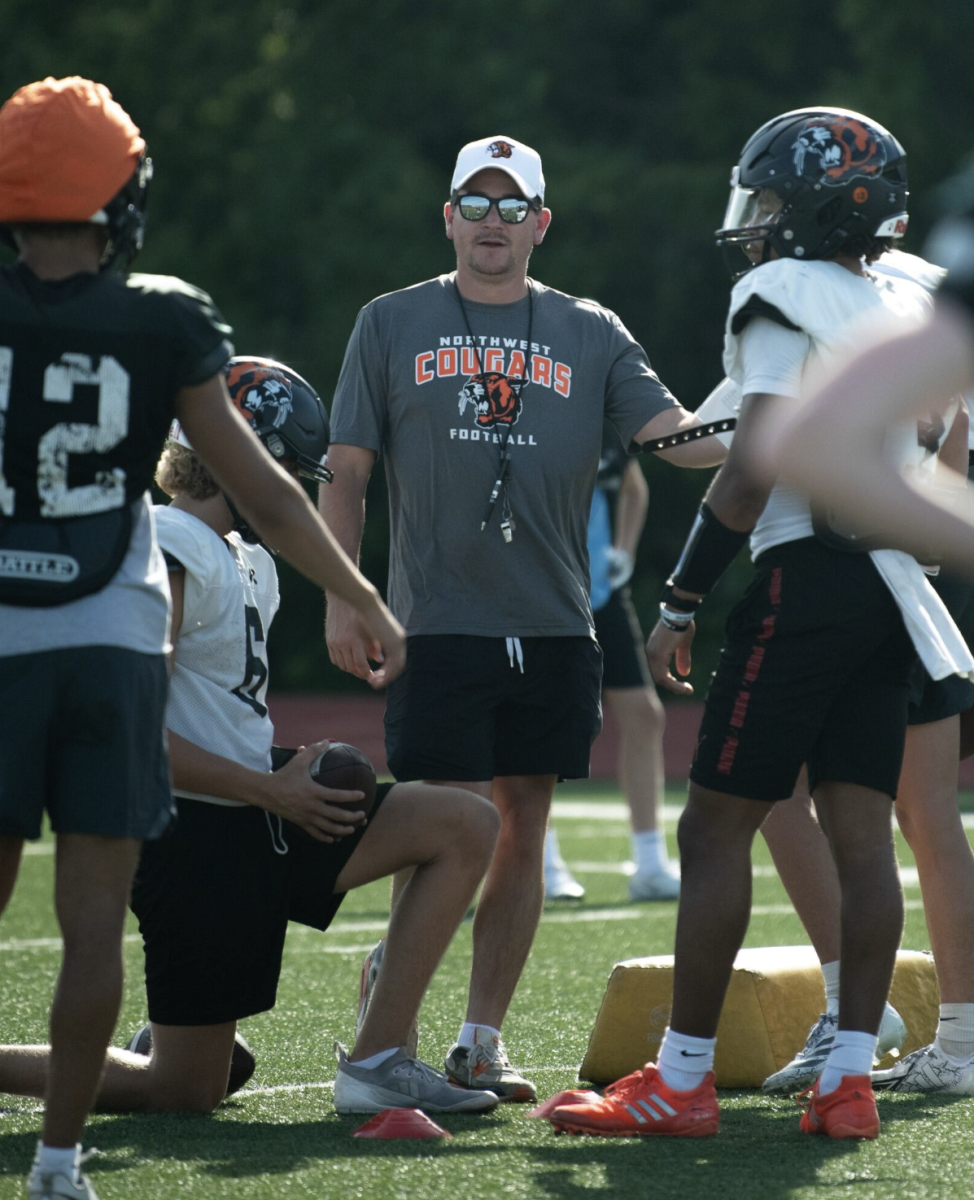
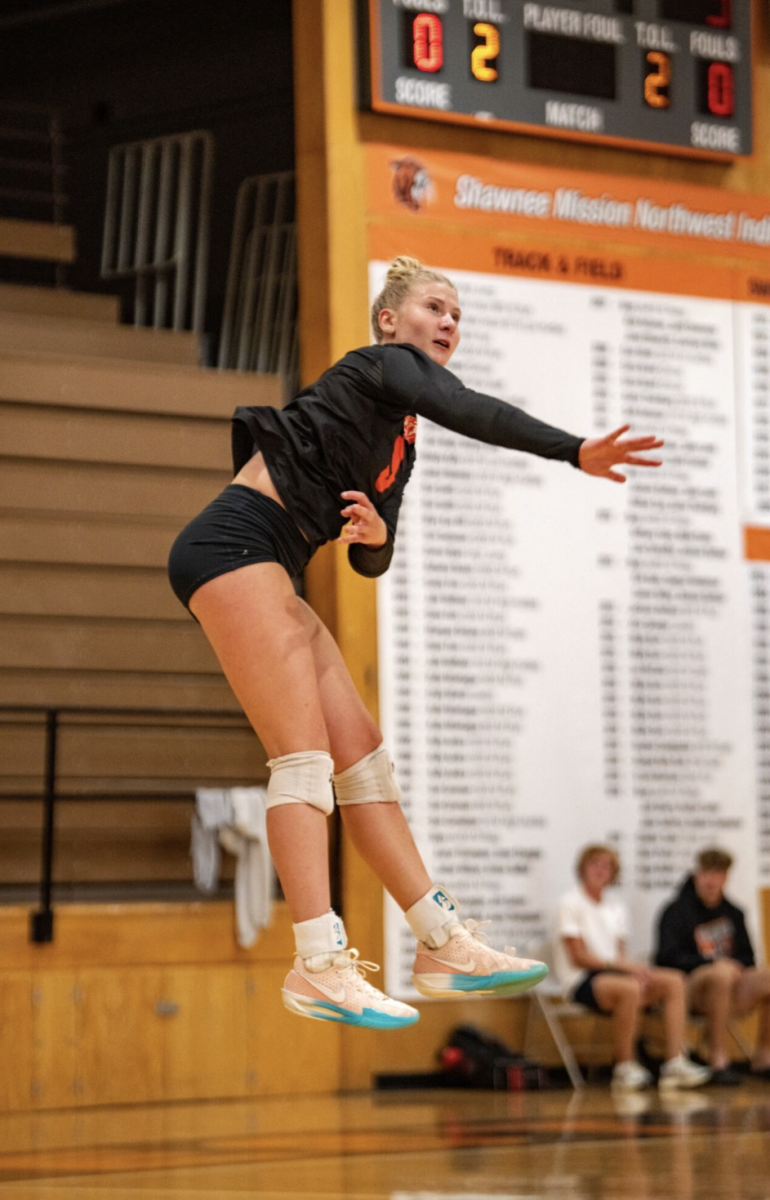








P • Jan 11, 2010 at 4:19 am
Auto-tune is a DAW plug-in for pitch correction. Every single major artist that records in the digital era uses Auto-Tune. There is no point in spending $250,000 in the studio to come out with Vocals that are out of tune, they are truly unpleasant to listen to.
What you are referring to is the “Cher” effect, where a copy of the original, out of tune vocals are run through a separate track, slightly delayed, and played simultaneously with the original. Kid Rock’s “Only God Knows Why” is a great example.
I agree that it needs to stop, but do you honestly think these guys can ever sing in tune? They are rappers, its not like we’re talking about people who know music theory and play musical instruments. They are somewhat limited on what they can accomplish on a recording.